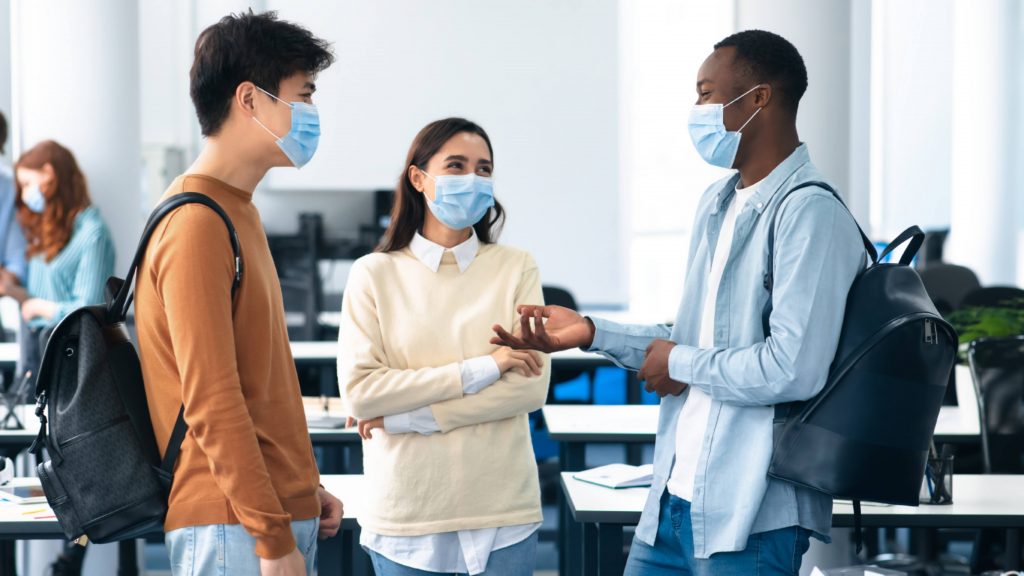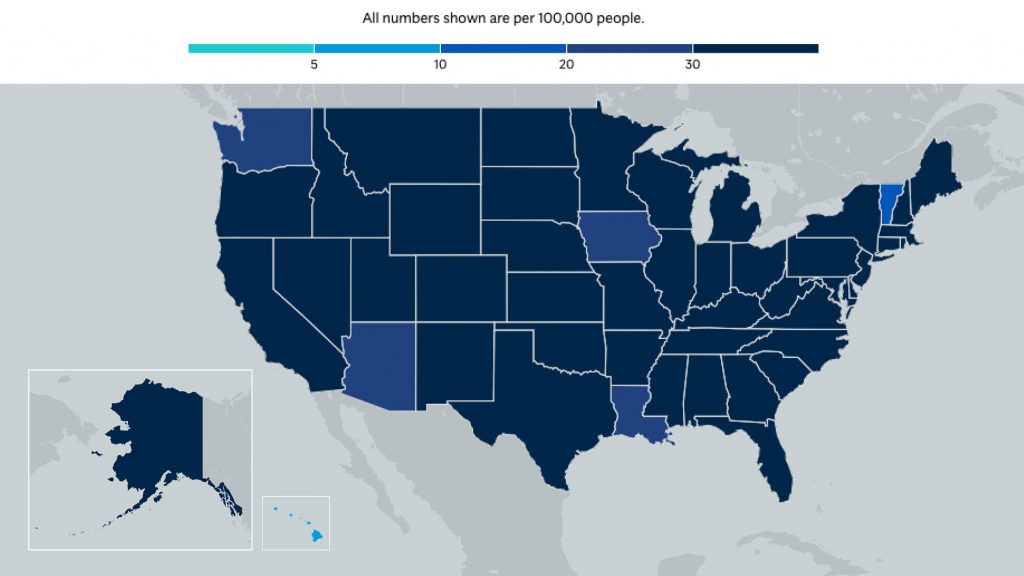
DEAR MAYO CLINIC: This year has been filled with worry, stress and sadness because of the COVID-19 pandemic. Now we're hearing that we shouldn't be with family and friends for holiday gatherings. I understand that this will reduce community spread of the virus, but our 20-year-old son is still at college and we are desperate to see him. What should we do?
ANSWER: The holiday season is traditionally about gathering with family and friends. While some students may have already come home for a short visit during the fall semester, as COVID-19 cases increase across the U.S., your son may need to reconsider that trek home for the holidays. This is especially true if his school is experiencing an outbreak. This is why your family needs to weigh the risk factors and decide whether to gather — or not —for the holidays.
The first thing to consider is if it's really going to be safe for your son. If he, or family members at any potential holiday gatherings, have chronic health conditions, it may not be worth the travel risk. That's because those with chronic health conditions are more susceptible to COVID-19 and could be most severely affected by it.
However, your son can reduce those risks if he chooses to travel. He should consider isolating himself for two weeks in advance of his trip to minimize the chance of bringing COVID-19 home. Your son should always wear a mask, continue social distancing and practice good hand hygiene.
If your son cannot self-isolate effectively for those 14 days, make sure he's taking all safety measures seriously. Once he's home — inside your family's house — it may be awkward to mask, but wearing a mask for those first few days could prevent your son and others from getting sick.
Meticulous attention to hand hygiene will be important for the family. And trying to keep socially distanced, even though it's going to feel awkward, could keep loved ones safe if somebody is carrying a virus — not just COVID-19 — and they don't know it yet.
Here are some tips to reduce the risks of COVID-19 spread when traveling:
- Stay masked when around others.
- Wash your hands frequently or use hand sanitizer with at least 60% alcohol.
- Try to maintain a social distance of at least 6 feet from anyone who is not from your household.
- Avoid crowded areas.
- Avoid high-touch surfaces.
- Avoid touching your eyes, nose and mouth.
- Use disinfecting wipes on gas pump handles and buttons before you touch them.
Finally, your son should not travel if he is not feeling well, has a fever or has been exposed to someone who has tested positive for COVID-19. The Mayo Clinic self-assessment tool can provide guidance on determining whether to get tested for COVID-19 in your community. — Dr. John O'Horo, Infectious Diseases, Mayo Clinic, Rochester, Minnesota
Learn more about: Tracking and trending COVID-19

Information in this post was accurate at the time of its posting. Due to the fluid nature of the COVID-19 pandemic, scientific understanding, along with guidelines and recommendations, may have changed since the original publication date.
For more information and all your COVID-19 coverage, go to the Mayo Clinic News Network and mayoclinic.org.







